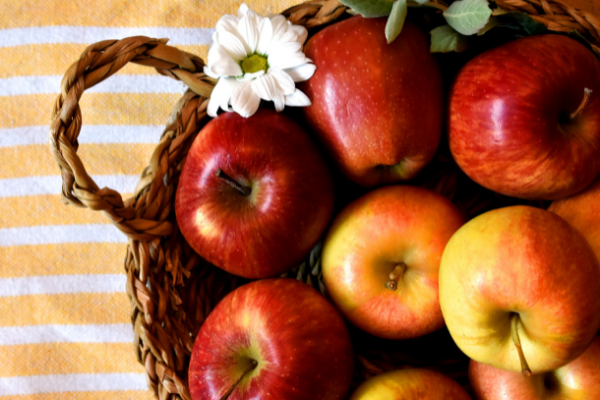Funding of $15 Million Project Will Enable Nz to Be World Leader in Sustainable Apple Production
A government-backed, industry-led seven-year research program has been launched, which will help achieve the apple industry’s goal to be the global exemplar of sustainable production practices.
The $14.77 million projects, the largest the industry has embarked on, is being led by industry organization New Zealand Apples and Pears Inc (NZAPI) and co-funded by the government through the Ministry for Primary Industries (MPI) Sustainable Food and Fibre Futures fund (SFF Futures) to the tune of $7.44 million, with the balance being funded by industry.

Program lead, Dr. Rachel Kilmister, says the industry’s vision of becoming spray-free by 2050 is a vital part of its goal.
“New Zealand is already well placed globally and respected as the producer of the best apples in the world. The outcomes of this project will be a unique global selling proposition for New Zealand apples to the consumer as the safest, sustainable apples with enhanced environmental outcomes produced with no chemicals.
“To achieve this, the project will create innovative solutions to reduce and eliminate agrichemical use and sprays that will also reduce the industry’s carbon footprint. We must respond to the growing demand by export markets for more sustainable production,” says Kilmister.
The program aims to reduce pesticide application by 50% by 2030 through the use of targeted and smart technology such as remote sensing for detecting pests and diseases in real-time enabling early intervention without spraying. Lure and dispenser-based technologies that prevent pests from entering the orchard will be developed.
“New apple varieties created by Prevar are already being bred to be pest and disease resistant and will be critical for achieving the spray-free target,” adds Kilmister.
“Achieving a spray-free status by 2050 would also result in a reduction of industrial greenhouse gas emissions by 35%.”
NZAPI CEO, Terry Meikle, estimates the R+D program will protect $1.1 billion of forecast revenue over the eight years from 2023 to 2030, by protecting existing high-value market share and targeted future growth.
“Economic returns to New Zealand will be realized through continued growth in export volume and value reaching $2 billion by the same year,” says Meikle. “This is a much-needed boost for our industry and needed to enable the industry to move forward. It is a significant project with full support from government and industry.”
- We have practically run out of broadleaf herbicides for garlic cultivation
- Egypt: Record onion exports in the last six months
- Our fruit drying concept offers added value to growers and traders
- Larger US lemon crop this season
- Peruvian pineapple still has great potential to increase its exports
- Pagoda held a Newton apple tasting in Guangzhou
 Telephone :+86-15562397099
Telephone :+86-15562397099










